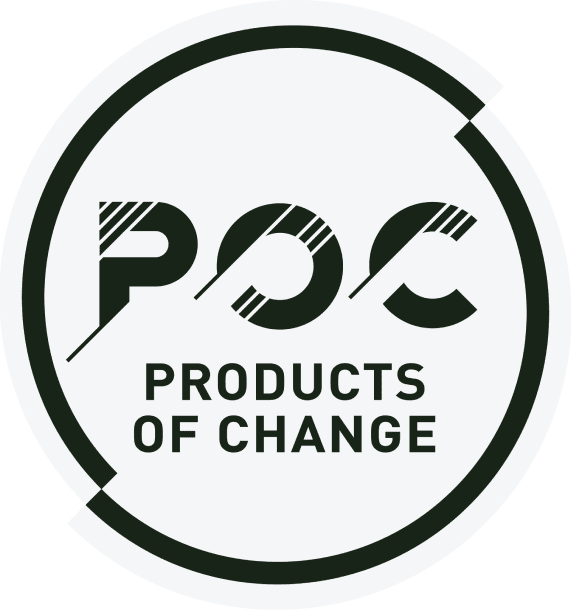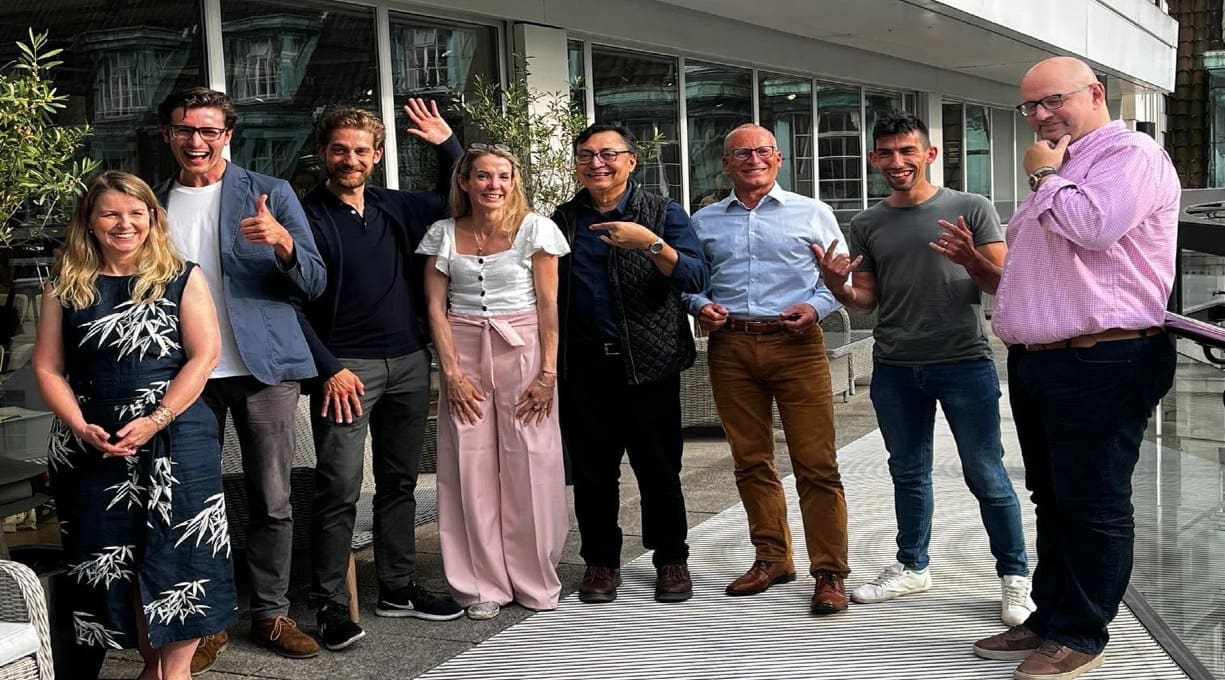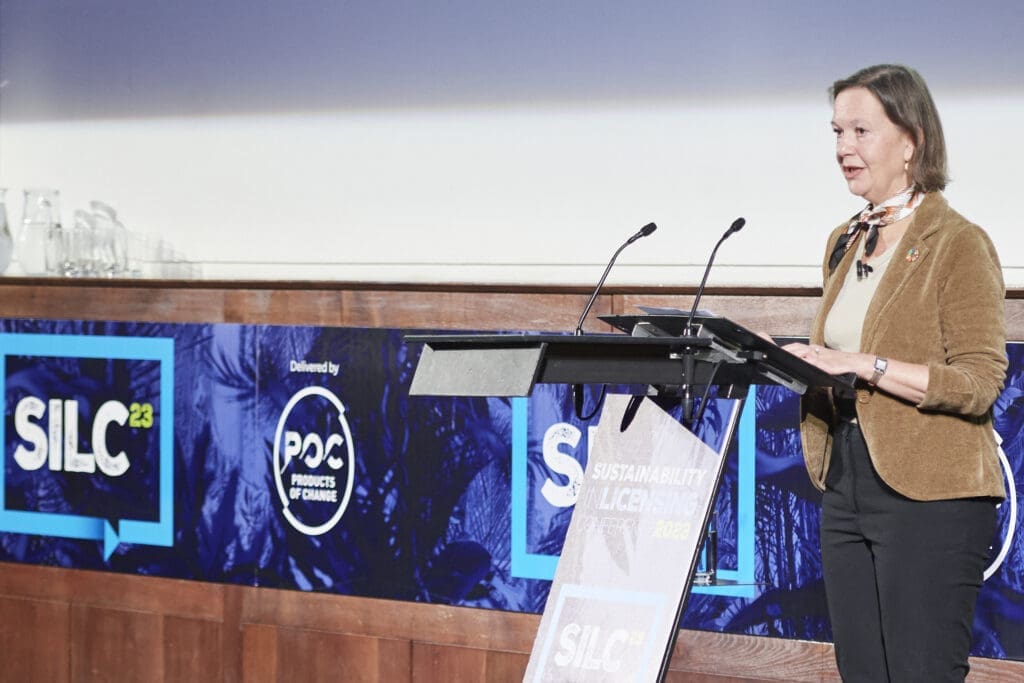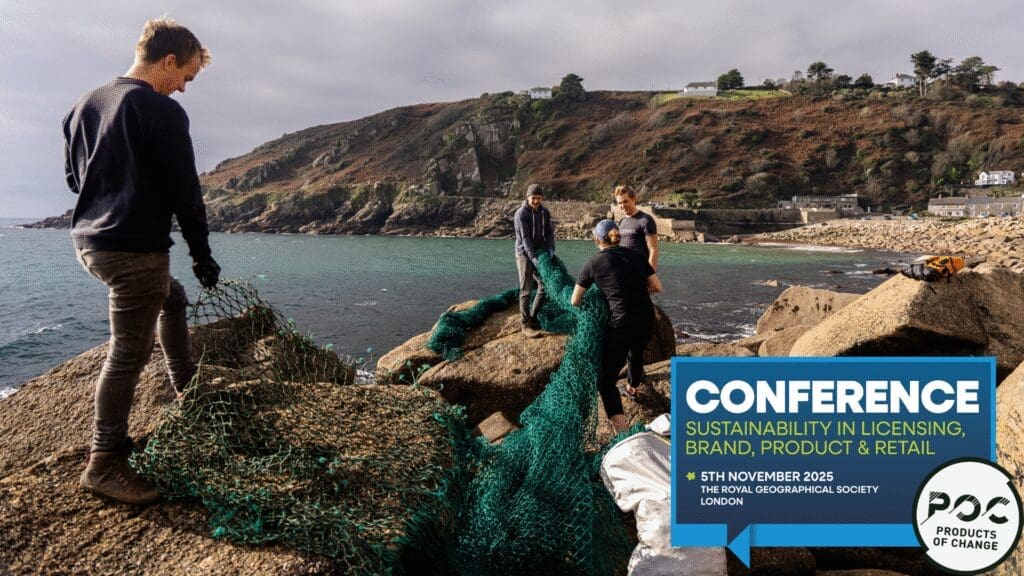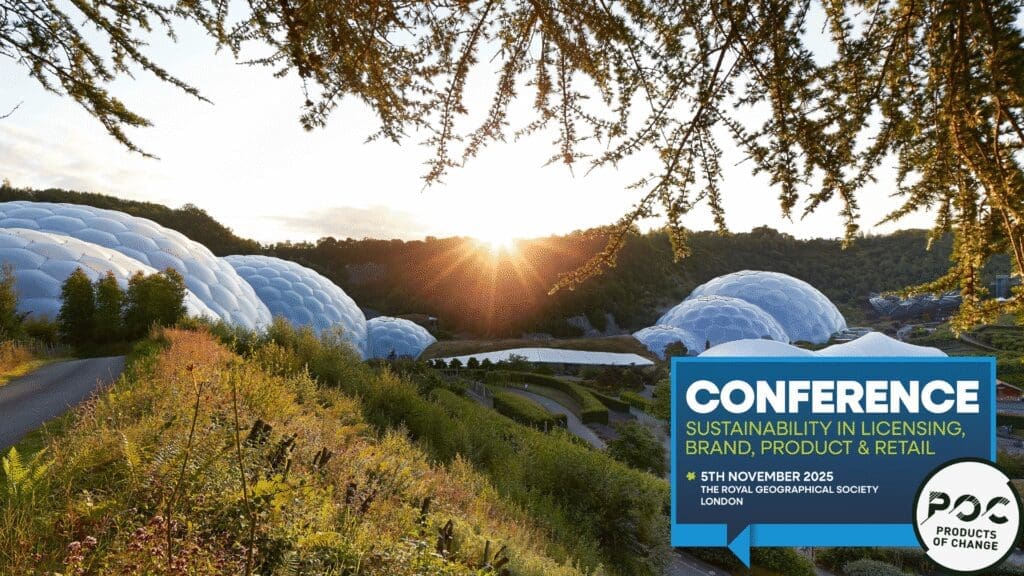It was the story of ‘sustainability ownership’ that rang the loudest when members from across the sustainable business sector gathered in London to hear behavioural scientist and author, Professor CB Bhattacharya deliver his talk on the business of nature this week.
Held at London’s Sustainable Ventures, an investment and empowerment hub on a mission to develop 1,000 sustainable start-ups by 2025, CB Bhattacharya’s talk made up one of four speaker sessions co-ordinated by Lars Ronning and the team behind an innovative sustainable habit-forming lifestyle app, Ailuna.
Flown in from his lecturing role as HJ Zoffer Chair in Sustainability and Ethics at the University of Pittsburgh, the professor is in the UK promoting his most recent published title, Small Actions, Big Difference – a book that explores the concept that ‘ownership’ of sustainability across every employee in a business is the only measure to drive major cultural change.
Based on interviews with 25 global multinational corporations – as well as employees, middle managers, and senior leaders across multiple sectors – Small Actions, Big Difference is recognised as the first book to connect sustainability to the theory and principles of psychological ownership and to propose a ‘succinct, easy-to-digest model for managerial use.’
“Companies that are winning at sustainability have created the conditions for their stakeholders to own sustainability and reap the benefits that come with deeper experience with and ownership of social and environmental issues,” said CB Bhattacharya.
“These benefits include a happier, more productive workforce, increased customer loyalty, higher stock valuations, and greater long-term profits.”
Professor Bhattacharya has previously conducted research and consulted for many organisations such as Allianz, AT&T, Bosch, Eli Lilly, ENEL, E.ON, General Mills, Green Mountain Coffee, High Museum of Art, Hitachi Corporation, Procter & Gamble Company, Prudential Bank, Timberland, Unilever and Yum! Brands.
The conference session was built around the concept of sustainability through business and was kicked-off with a special showing of Save our Wild Isles, a WWF-produced short film created to compel businesses to act as a force for good for biodiversity and nature. By exploring the dependency of business upon nature (50% of global GDP is now dependent on biodiversity), Save our Wild Isles set the tone for the speaker talks that followed by suggesting that the biggest differences can be made through work.
“Does value to society and the environment create value for business?” CB Bhattacharya asked the afternoon’s attendees. “The Tragedy of the Commons is the theory around taking value away from society to boost profit. If all of us try to maximise our collective gain, it leads to a collective loss. And we have overused the budget that Earth gives us. So, the truth is there is no conflict between sustainability and profitability.
“By incubating and defining your company’s purpose, you can begin to encourage this ownership of sustainability among employees. People making cars for a company aren’t inspired simply to sell cars. But if your purpose is to provide transport for people, you’ll see an ownership can become adopted among the employees.”
The day’s discussions fed directly into what the habit-forming lifestyle app, Ailuna – a Products of Change member – is setting out to achieve, by enabling its users, whether individuals or through a work collective, to gradually adopt more sustainable habits into their everyday without being overwhelmed by the scale of ‘going cold turkey.’
Professor CB Bhattacharya sits on the board of advisors at Ailuna which takes inspiration from the academic’s work and research into human behaviour and sustainability.
